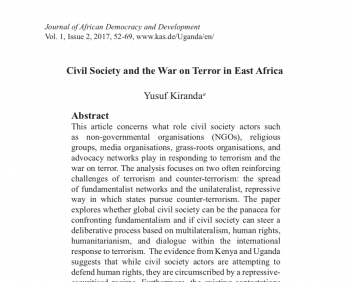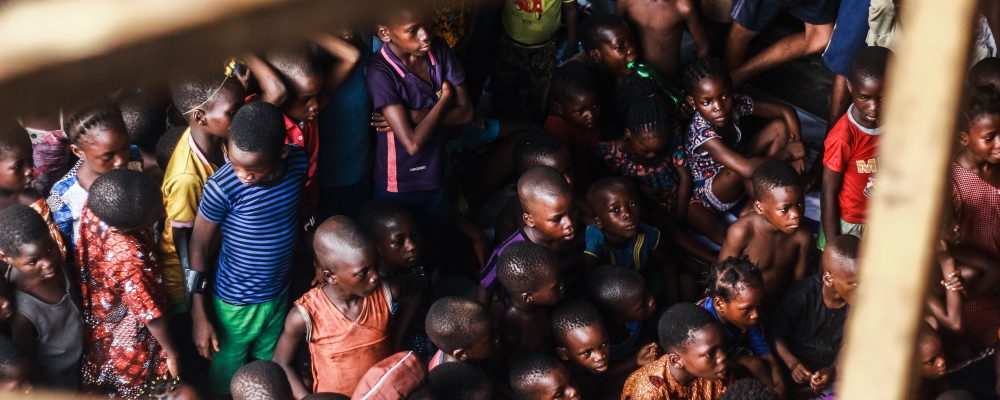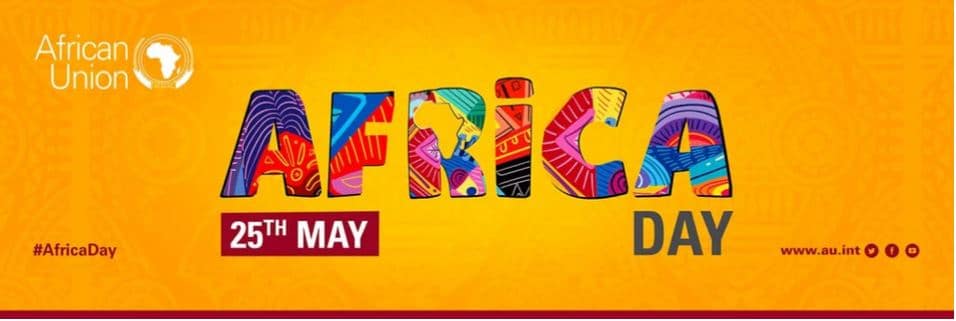Policy highlights:
- This article looks at the role civil society actors, such as non-governmental organizations (NGOs), religious groups, media organizations, grass-roots organizations, and advocacy networks, play in responding to terrorism and the war on terror.
- It shows that the impact of civil society actors in East Africa is limited due to several challenges:
-
- While civil society has the possibility to confront radicalization, it also faces challenges in its attempts to secure space, which is currently constrained by a spate of human rights restrictions within the counter-terrorism security regime.
- Furthermore, a possible civil society contribution towards advocating for multilateralism and global governance is circumvented by the trap in debates on the role and legitimacy of international institutions in Africa. This is exacerbated by the lingering scepticism towards home-grown frameworks like the African Union and the Intergovernmental Authority on Development.
- Moreover, high poverty levels alongside several domestic challenges inhibit civil society from paying attention to promoting humanitarianism beyond the borders of territorial states.
-
- The challenge posed by terrorism in East Africa is twofold: firstly, fundamentalist networks use terror to spread fear and insecurity and, secondly, centrist states react to this through spectacle war, while sidestepping human rights and humanitarian concerns, which reproduces fear and insecurity.
- The theoretical propositions suggest that civil society needs to help set a new global agenda, and to reach out across borders to the excluded groups of the world, especially among the Islamic community.
- While East African civil society seems to be waking to this call, there is need for more strategic reflections regarding how to overcome the inherent barriers discussed above. How can more civil society actors be mobilized to engage in political advocacy? How can civil society actors transcend sovereignty debates on global institutions and global governance? Studies on these questions could generate ideas for strengthening the contribution of East African civil society to addressing the problem of war.
- A final challenge comes up in relation to addressing poverty and inequality domestically, which is important both for mitigating cleavages and radicalization, but also for providing civil society actors with a firm base from which to champion humanitarianism beyond the confines of their states. The increasing recognition of the value of dialogue presents a key opportunity for generating new narratives about terrorism, security and human rights.








